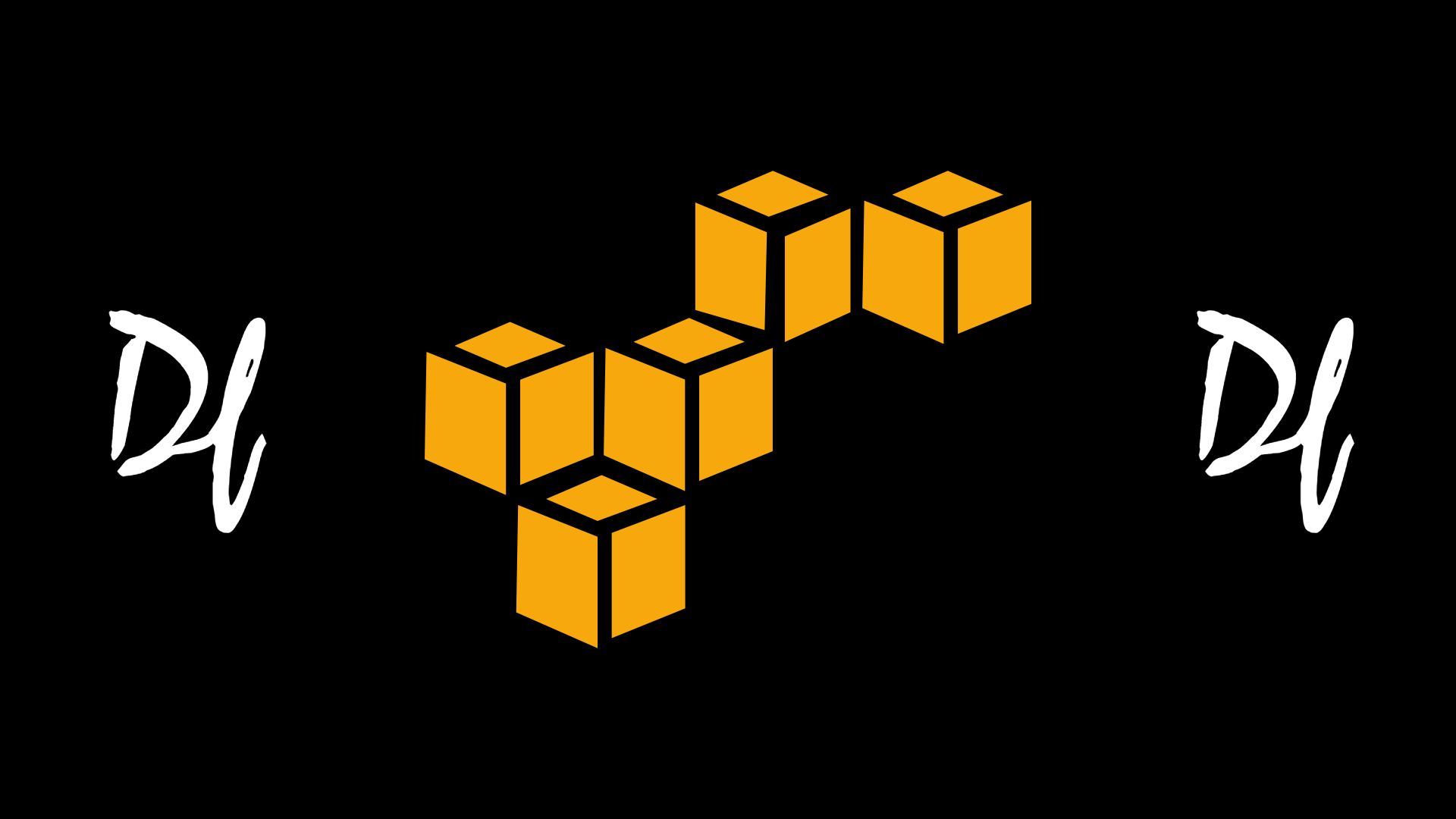Capital One's $200M Cloud Catastrophe

In 2019, Capital One, one of the largest banks in the US, experienced a massive data breach. A bank's cloud infrastructure vulnerability enabled a hacker to access sensitive data stored on the company's Amazon Web Services (AWS) cloud. This event exposed the personal information of over 100 million customers and credit card applicants.
A Deep Dive into Amazon S3
Amazon S3 (Simple Storage Service) is a top-rated cloud storage service that Amazon Web Services (AWS) offers. Many companies worldwide leverage S3 to store and retrieve data from the cloud. It's a simple, scalable storage service capable of handling data of any size from anywhere globally. Designed for high availability and durability, S3 incorporates multiple redundancy layers to prevent data loss.
As a vital component of various cloud-based applications and services, S3 is integral to operations at companies like Capital One. Its reliability and cost-effectiveness make it ideal for businesses seeking to capitalize on cloud computing benefits.
The Fallout from the Capital One Breach
Discovered on July 19, 2019, the Capital One breach marked one of history's most significant data breaches. The incident incurred an estimated $200 million in damages for Capital One and sparked debates on cloud computing security and corporate data protection in the cloud.
According to the US Department of Justice, a former AWS employee, Paige Thompson, caused the breach by exploiting a misconfigured firewall within Capital One's cloud infrastructure, allowing her access to a customer data server. Thompson was arrested and charged with wire and computer fraud in July 2019.
The breach exposed various personal information, including names, addresses, phone numbers, email addresses, dates of birth, and credit scores. The hacker accessed over 140,000 Social Security numbers and 80,000 bank account numbers.
Capital One quickly addressed the security issues in its cloud infrastructure in response to the breach. It also offered affected customers free credit monitoring and identity theft protection.
Implications for DevOps Teams
The incident highlighted the security challenges associated with cloud computing. While the cloud offers scalability and flexibility, it also introduces new security risks that require effective management.
Companies must ensure robust security measures are in place to protect their cloud infrastructure to prevent similar incidents. This precaution includes regular security audits, vulnerability testing, and employee training to understand the risks associated with cloud computing.
The Importance of DevOps in Cloud Security
The Capital One data breach underscores why DevOps practices are crucial for maintaining cloud infrastructure security. DevOps is a methodology that fosters collaboration between development and operations teams to improve software delivery speed and efficiency.
In Capital One's case, a misconfigured firewall in their cloud infrastructure caused the breach. This incident highlights the need for security practices within DevOps, such as implementing security controls during the development and deployment process.
DevOps also advocates for automation tools to streamline processes and reduce human error risks. For instance, Capital One's firewall misconfiguration might have been prevented if automation tools were utilized to enforce security policies and standards.
Furthermore, DevOps encourages a culture of continuous improvement and feedback. Regular monitoring and testing of cloud infrastructure can help identify and rectify issues like misconfigurations before they result in a breach.